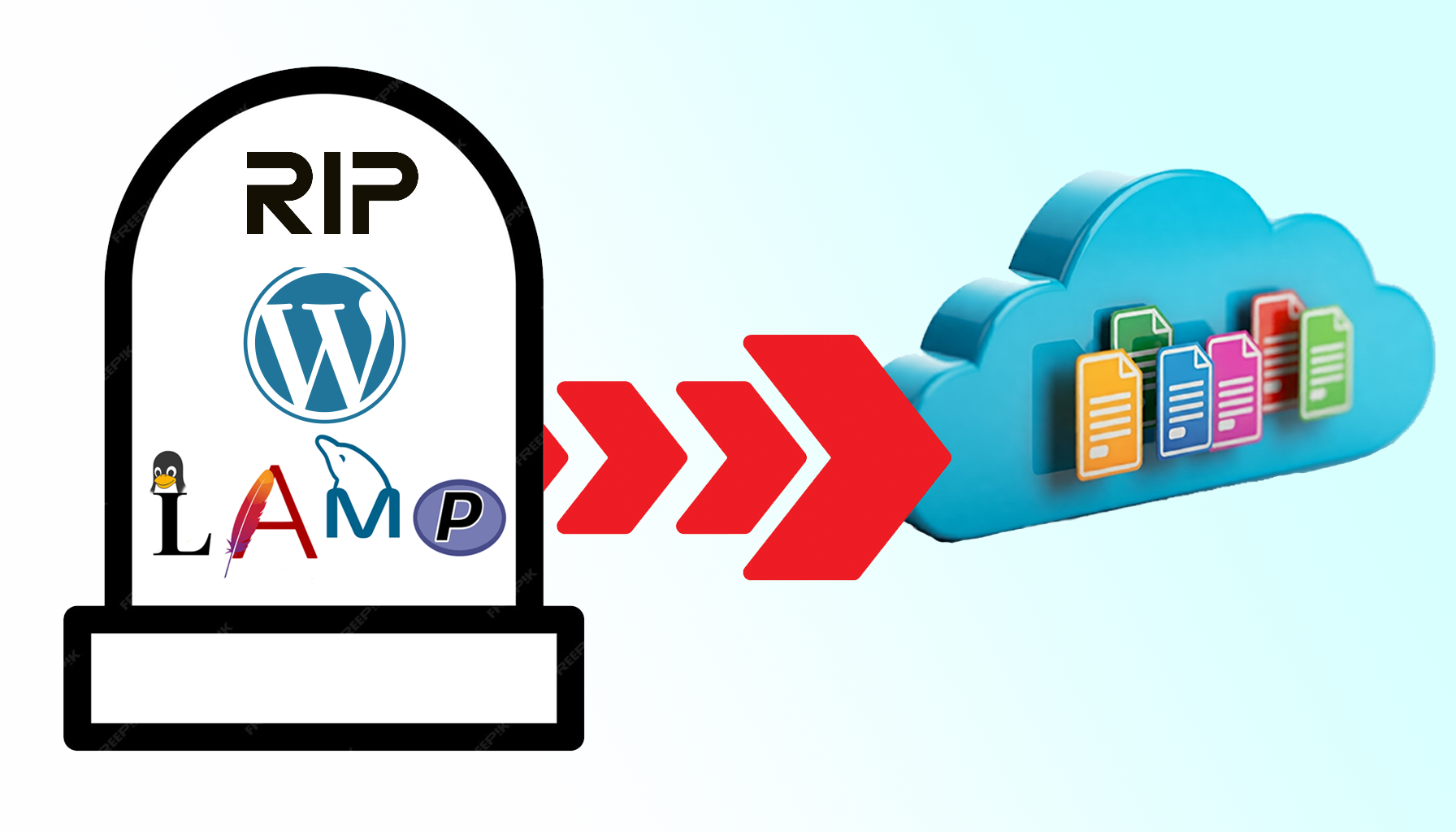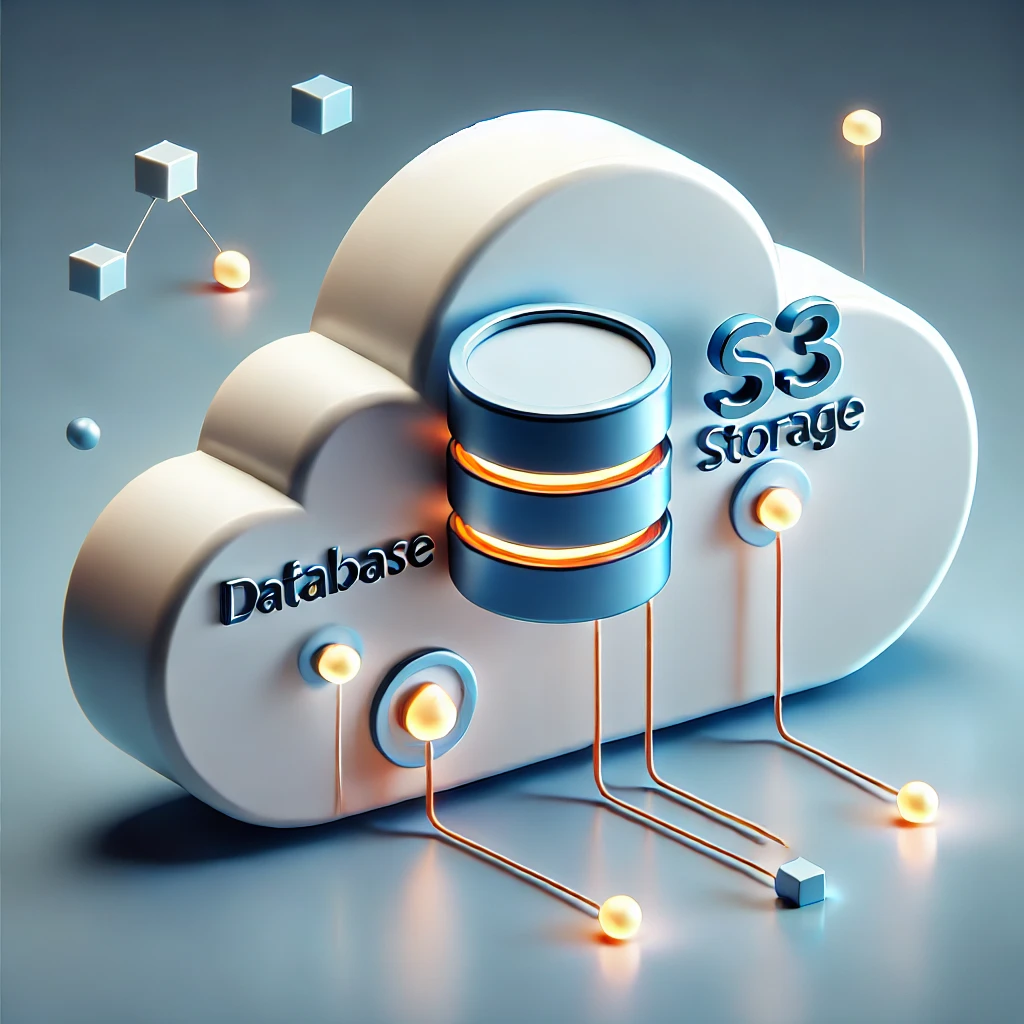Open Source
Easy Money-Saving Tips for Your AWS Cloud Spend
There are numerous Cloud Service Provider (CSP) FinOps products that can review, collate, summarize, and recommend ways to optimize your cloud spend. If you’re using one or more cloud providers and don’t actively manage your Cost and Usage Reports (CURs) on a daily basis, investing in such a product is a smart move.
Read moreWhy Being Proactive Is Always a Winning Approach
Many companies manage production infrastructure using a reactive model rather than a proactive one. Organizations typically react to warnings and alerts, then implement corrective actions in response. While some companies have well-designed architectural patterns—such as feature flags and rate limiting—that can quickly mitigate the impact of issues, these are merely temporary solutions, not resolutions.
Read moreMigrating off of WordPress - A Simplified Stack
The ongoing drama between Wordpress v WP Engine continues to cross my reading list, but I have permanently removed WordPress from my website. I have finally transitioned away from the complex Linux/Apache/MySQL/PHP (LAMP) stack required for self-hosting WordPress on my professional website.
Read moreWeSQL Introduction – MySQL running on S3
I recently became aware of WeSQL . A MySQL-compatible database that separates compute and storage, using S3 as the storage layer. The product uses a columnar format by default which is significantly more space-efficient than InnoDB.
Read moreIdentifying MySQL SSL communication using ngrep
Prior to MySQL 5.7 client communications with a MySQL instance were unencrypted by default. This plaintext capability allowed for various tools including pt-query-digest to analyze TCP/IP traffic. Starting with MySQL 5.
Read moreUnderstanding the Oslo Libraries
Underpinning all of the OpenStack projects including Nova, Cinder, Keystone, Glance, Horizon, Heat, Trove, Murano and others is a set of core common libraries that provide a consistent, highly tested and compatible feature set.
Read moreWriting and testing unit tests in OpenStack
The following outlines an approach of identifying and improving unit tests in an OpenStack project. Obtain the source code You can obtain a copy of current source code for an OpenStack project at http://git.
Read moreContributing to OpenStack
Following my first OpenStack Summit in Vancouver 4/2015 it was time to become involved with contributing to OpenStack. I have lurked around the mailing lists and several IRC channels for a few weeks and familiarized myself with OpenStack in varying forms including devstack , the free hosted Mirantis Express and the VM version, Ubuntu OpenStack , and even building my own 3 physical server cloud from second hand hardware purchased on eBay.
Read moreMySQL HandlerSocket under Ubuntu
Starting with the great work of Yoshinori-san Using MySQL as a NoSQL – A story for exceeding 750,000 qps on a commodity server and Golan Zakai who posted Installing Dena’s HandlerSocket NoSQL plugin for MySQL on Centos I configured and tested HandlerSocket under Ubuntu 10.
Read moreInstalling MySQL on Oracle Enterprise Linux
One of the significant benefits of MySQL is it’s ease of use. Generally already installed on most Linux systems, MySQL can be installed by a single command if not yet present.
Read moreGetting started with Ruby and Sinatra
I’ve been doing a little work with Ruby , starting with some XHTML parsing with Nokogiri . I’ve just created my first web page using Sinatra . While the instructions makes it look simple, it was a little more complex due a package dependency error.
Read moreGetting Nokogiri working under Mac OS X
The official Installation documentation states: sudo port install libxml2 libxslt sudo gem install nokogiri however I found this not to work for me. The following did work. $ sudo port install libxml2 libxslt $ sudo gem install nokogiri ERROR: could not find nokogiri locally or in a repository $ sudo gem sources -a http://gems.
Read moreImageMagick on Mac OS X
Wanting to do some image manipulation I realized my Linux scripts don’t run under Mac OS X, as ImageMagick is not installed via my MacPorts . However installation failed: $ sudo port install imagemagick ---> Computing dependencies for ImageMagick ---> Verifying checksum(s) for xorg-libX11 Error: Checksum (md5) mismatch for libX11-1.
Read moreInstalling Ubuntu Desktop 10.04 with LVM
With a new quad core desktop with 8GB RAM & 1TB HDD I wanted to install the Ubuntu desktop version using LVM. This is not possible with the “Desktop CD”. You need to use the “alternative CD” which will easily allow you to configure LVM via a text/cursors installation and also give you a deskop GNOME environment.
Read more


